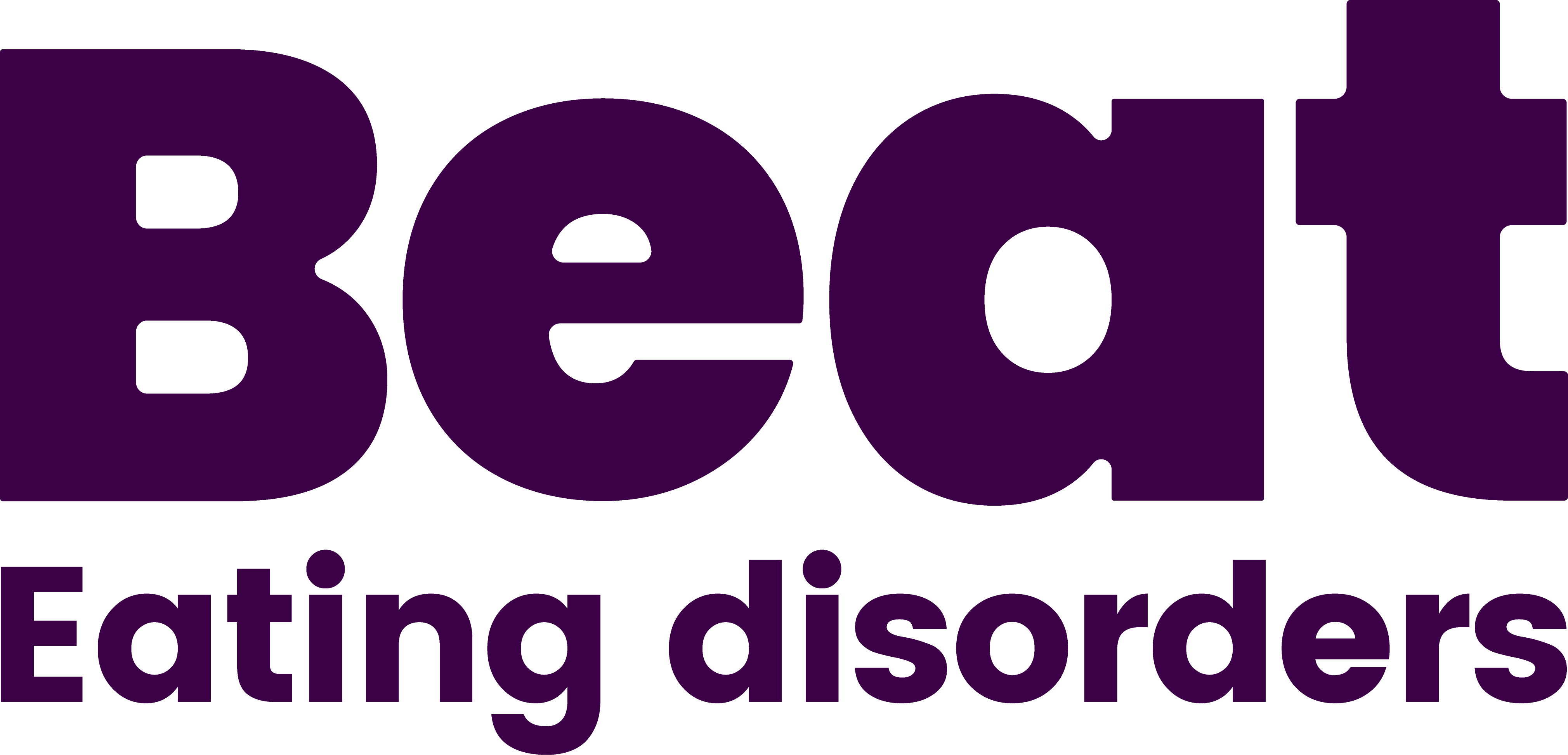All stories

"People find it very difficult to understand other people."
I'd suffered with anorexia nervosa and bulimia for a year. Many people have perceptions & stigmas with these words, and don't realise every case is different.

I'd suffered with anorexia nervosa and bulimia for a year. Many people have perceptions & stigmas with these words, and don't realise every case is different.
This site uses cookies and other web storage technologies. You can set your privacy choices below. Changes will take effect immediately.
For more information on our use of web storage, please refer to our Privacy Policy
Necessary storage enables core site functionality. This site cannot function without it, so it can only be disabled by changing settings in your browser.
When searching for local services, the postcode used is converted to latitude and longitude coordinates in order to find the nearest services. This information may be stored in order to display the distance from services on their respective pages.
When you visit our website we use Google Analytics to collect information on your journey through the website. This information is anonymous and we do not use it to identify you. Google provides a Google Analytics opt-out add-on for all popular browsers.
When you visit our website we use pixels such as the Meta pixel and LinkedIn pixel to collect information on your journey through the website. This information is anonymous and we do not use it to identify you.
This site uses cookies and other web storage technologies to enhance your experience beyond necessary core functionality.